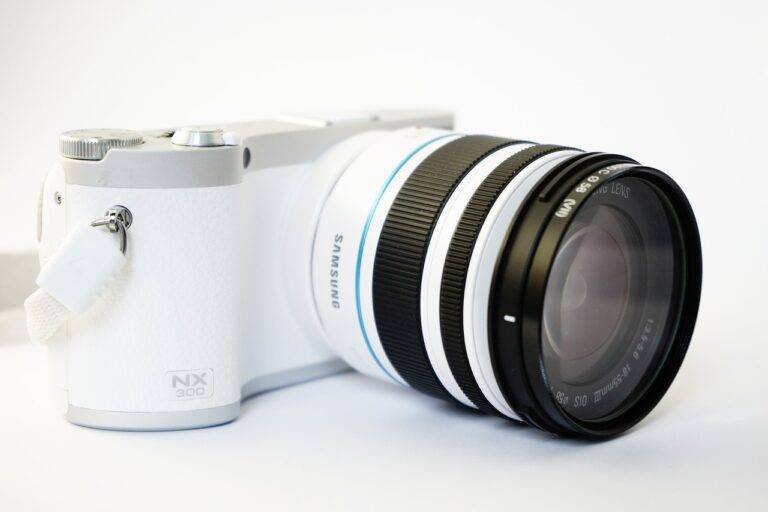Quantum Sensors: Revolutionizing Measurement and Detection
Quantum sensors are cutting-edge devices that utilize the principles of quantum mechanics to measure various physical quantities with unparalleled precision. Unlike classical sensors that rely on macroscopic systems, quantum sensors operate at the quantum level, exploiting delicate quantum phenomena to achieve incredibly high sensitivity and accuracy. By harnessing the characteristics of quantum superposition and entanglement, these sensors can detect minute changes in parameters such as magnetic fields, temperature, and gravitational forces.
The exceptional performance of quantum sensors has revolutionized numerous fields, including healthcare, environmental monitoring, and fundamental research. With their ability to detect ultra-weak signals and provide measurements at the quantum limit, these sensors have opened up new possibilities for advancing technologies such as medical imaging, mineral exploration, and navigation systems. As researchers continue to push the boundaries of quantum sensing capabilities, the applications of these remarkable devices are expected to grow exponentially, offering unprecedented insights into the world around us.
How Quantum Sensors Work
Quantum sensors operate based on fundamental principles of quantum mechanics. These sensors leverage the unique behavior of quantum particles, such as photons or atoms, to measure physical quantities with extraordinary precision. By exploiting quantum properties like superposition and entanglement, quantum sensors can detect minuscule changes in magnetic fields, gravitational pull, or even temperature.
One key aspect of how quantum sensors work is their ability to operate at the quantum level, where particles can exist in multiple states simultaneously. This enables quantum sensors to achieve sensitivity levels far beyond what classical sensors can achieve. Additionally, the process of quantum measurement involves leveraging quantum interference effects to enhance the precision of measurements, making these sensors indispensable in various scientific and technological applications.
Applications of Quantum Sensors
Quantum sensors have a wide range of applications across various industries due to their high precision and sensitivity. In the field of healthcare, quantum sensors are utilized for advanced imaging techniques such as magnetic resonance imaging (MRI) and nuclear magnetic resonance (NMR) spectroscopy, allowing for detailed non-invasive diagnostic procedures.
Moreover, quantum sensors play a crucial role in environmental monitoring by detecting small changes in environmental factors like temperature, pressure, or magnetic fields. These sensors are essential in studying climate change, pollution levels, and seismic activity, providing invaluable data for researchers and policymakers to make informed decisions.
What is a quantum sensor?
A quantum sensor is a device that uses quantum principles to measure a physical quantity, such as electromagnetic fields, temperature, pressure, or acceleration, with high sensitivity and precision.
How do quantum sensors work?
Quantum sensors typically work by exploiting the unique properties of quantum systems, such as superposition and entanglement, to make highly accurate measurements. These sensors can detect even the smallest changes in the physical quantity being measured.
What are some common applications of quantum sensors?
Quantum sensors have a wide range of applications, including in fields such as healthcare (e.g. MRI machines), navigation (e.g. GPS systems), and environmental monitoring (e.g. detecting pollutants). They can also be used in quantum computing and communication.
How are quantum sensors different from traditional sensors?
Quantum sensors offer higher sensitivity and precision compared to traditional sensors, making them ideal for applications where accuracy is crucial. They are also less susceptible to external interference, resulting in more reliable measurements.





